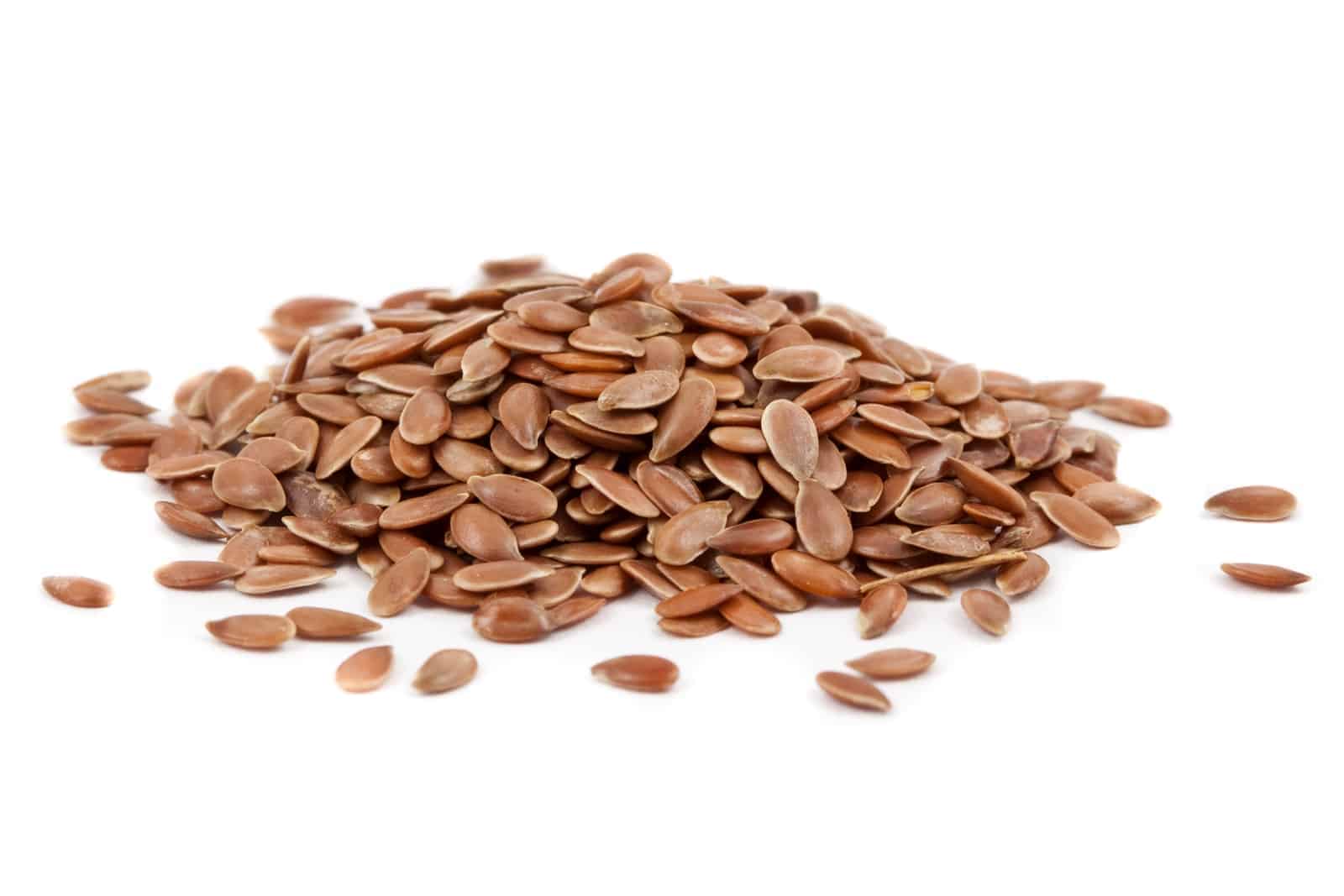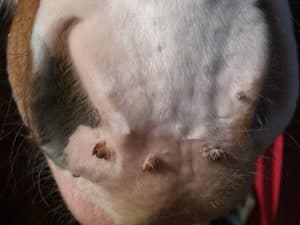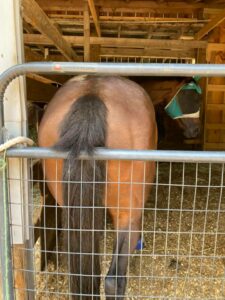Horse Grains and Feeds
Take a look at feeds and pelleted forages commonly found in the equine diet.
- Topics: Slideshow
Share
ADVERTISEMENT
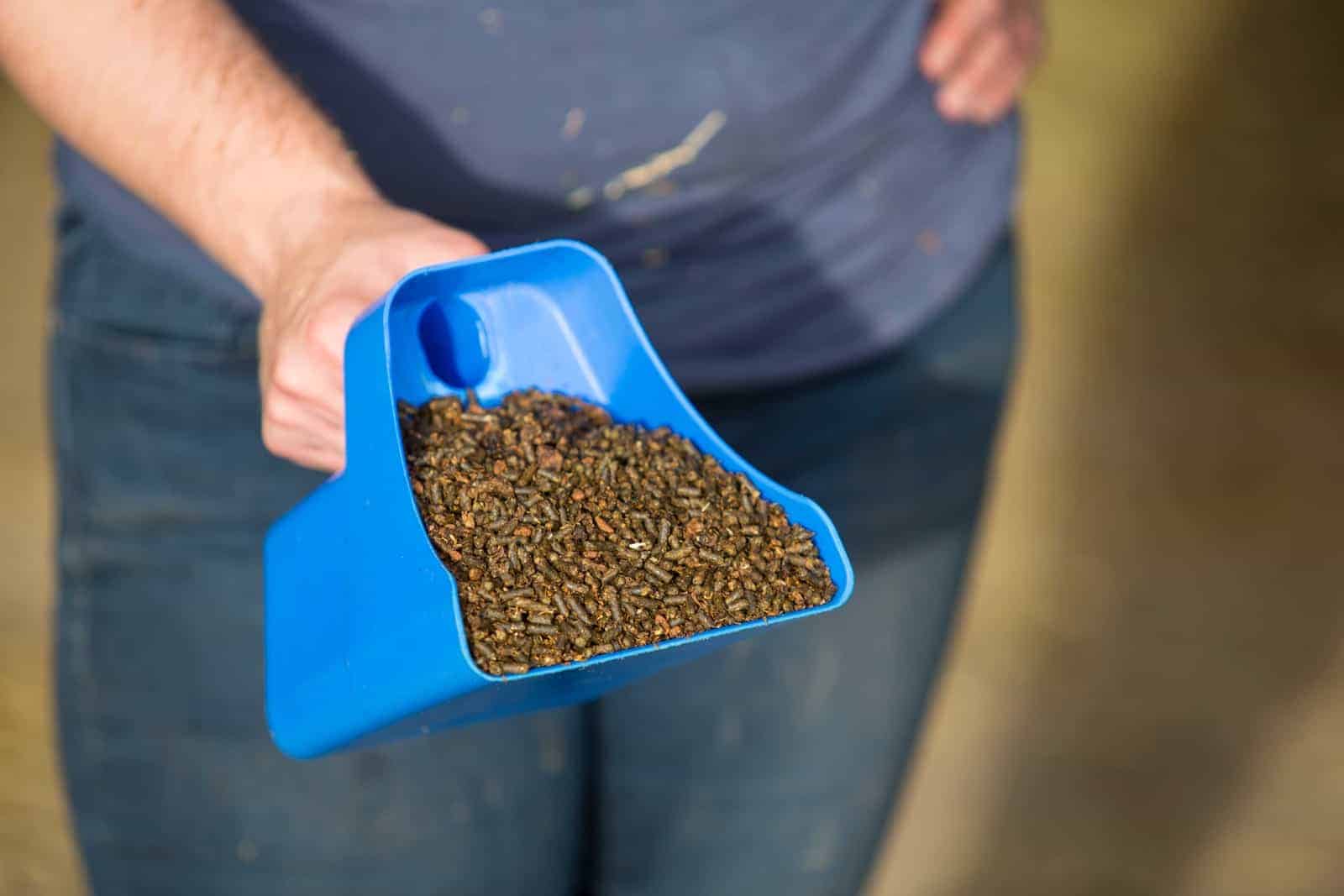
Equine Rations
Owners have many options when it comes to feeding horses, and feed labels can be confusing. Here, we take a look at some common equine ration ingredients. What's best for your horse? Consult your nutritionist or veterinarian to ensure your horse is getting a balanced diet. | Photo: Kevin Thompson/The Horse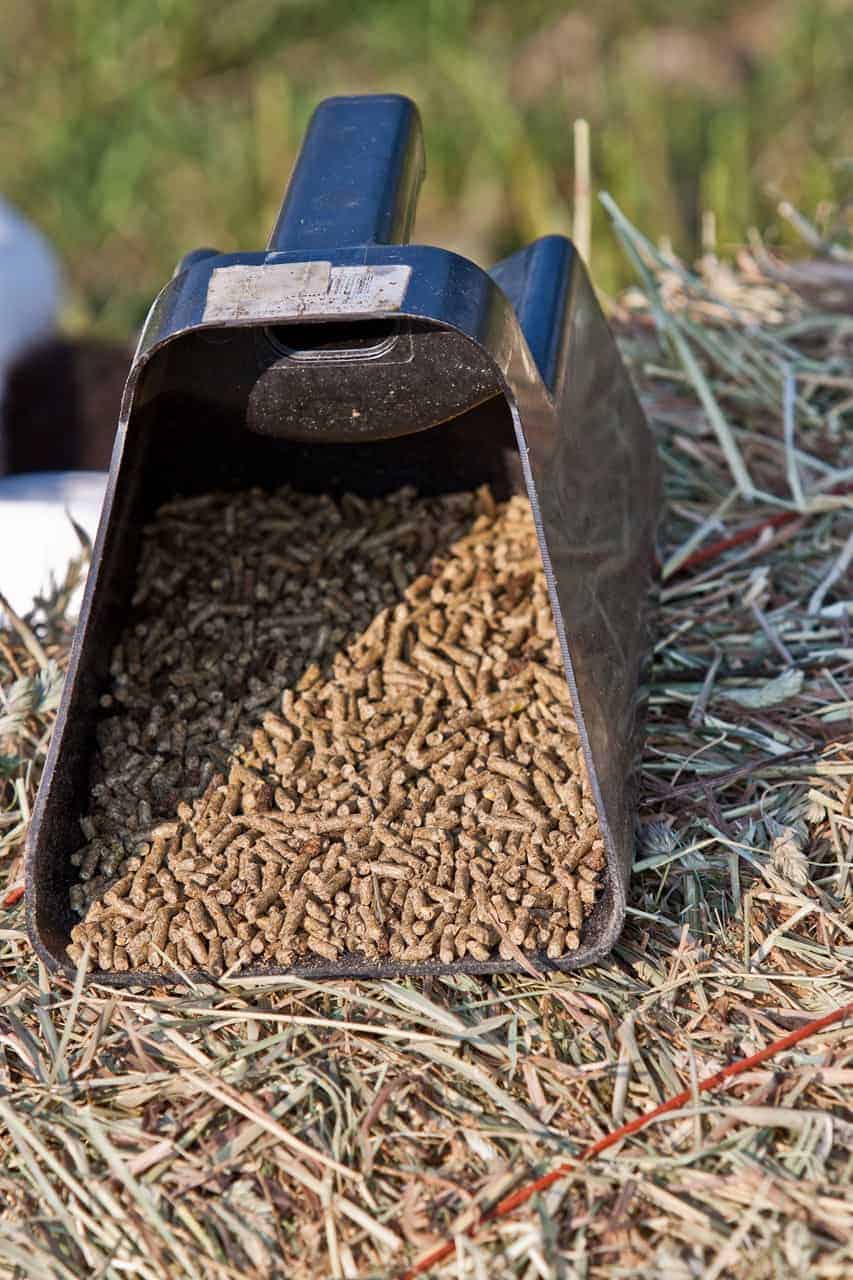
Pelleted Feed
Pellet feeds are usually highly palatable to horses and offer appropriate nutrition when feed per manufacturer instructions. Some feeds are complete, meaning no additional forage is needed, while others are concentrates or ration balancers meant to supplement hay or pasture. | Photo: Kevin Thompson/The Horse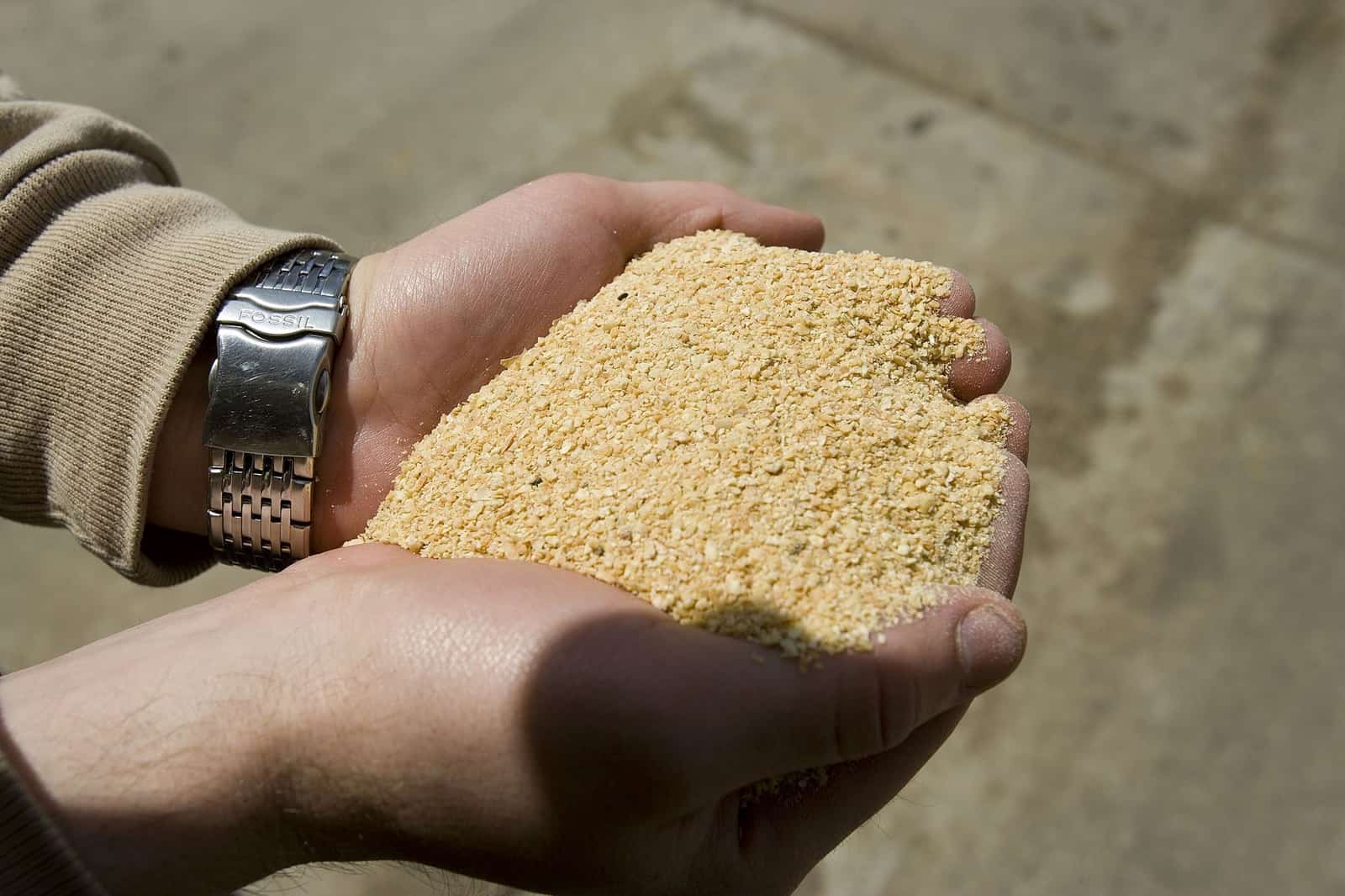
Soybean Meal
Soybean meal is a readily available source of protein, including the essential amino acid lysine, and is a common ingredient in horse feeds. | Photo: Wikimedia Commons/United Soybean Board
Oats
Oats are highly palatable to horses and a common ingredient in equine complete, concentrate, and mixed-ration feeds. They’re a good source of energy and need little or no processing. | Photo: iStock
Corn
Corn is a high-energy grain commonly found in livestock rations. However, it’s also high in starch and should not be fed to horses with metabolic issues. | Photo: Photos.com
Barley
Barley contains more protein than corn and slightly less than oats, but is high in phosphorus. An imbalanced diet that’s too high in phosphorus can cause bone-health issues for horses. | Photo: iStock
Rye
Rye is much denser than oats are, and not very palatable to horses. It is also low in fiber and can be subject to harmful ergot contamination. As such, rye is not recommended for use in horses. | Photo: iStock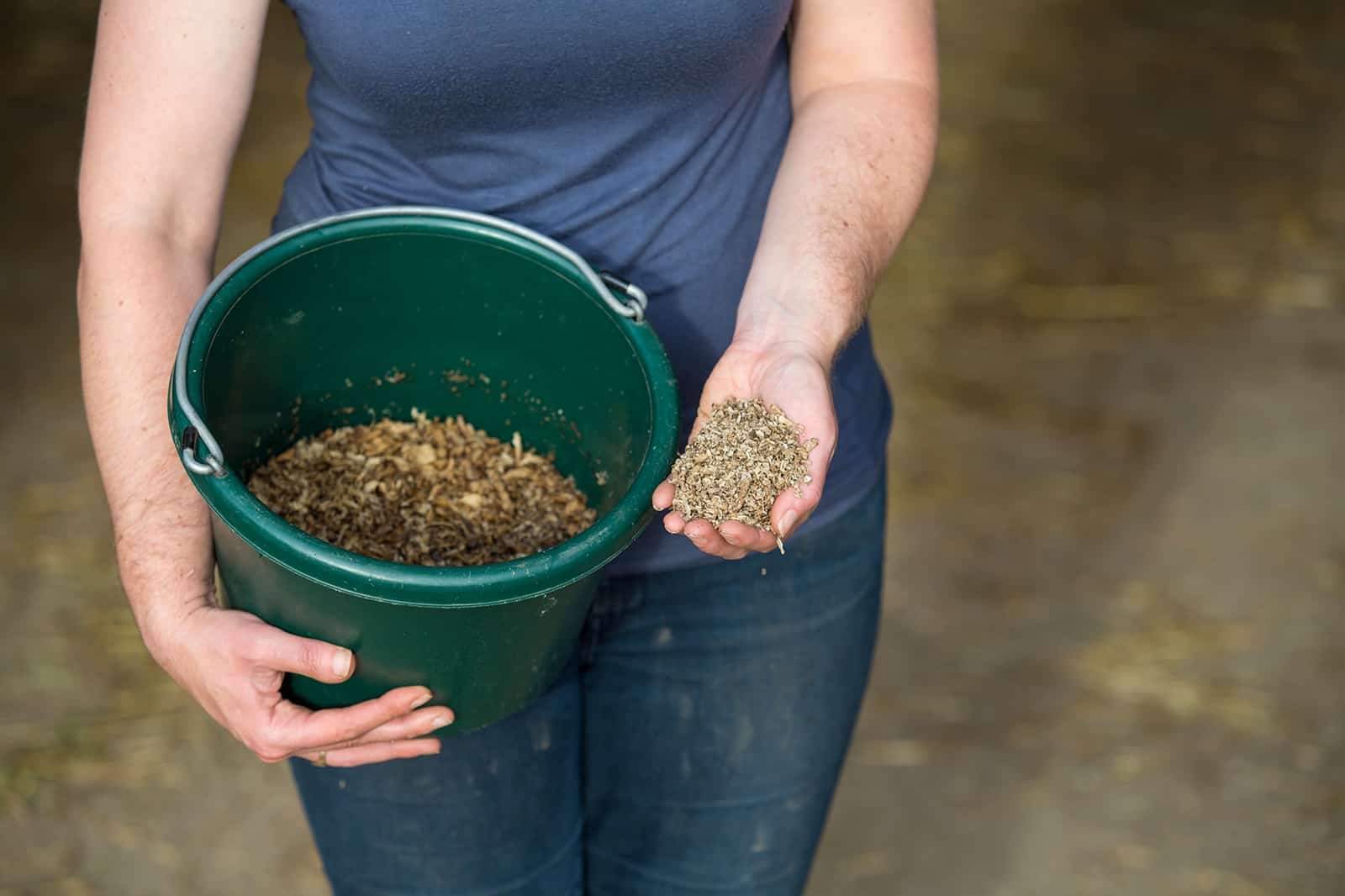
Beet Pulp
People often incorrectly think of beet pulp as “grain” because it is often fed instead of or alongside other concentrates; however, it’s actually a forage substitute and a very good source of digestible fiber. It’s a high-calorie, low-starch option that’s an excellent choice for hard-keeper horses. | Photo: Kevin Thompson/The Horse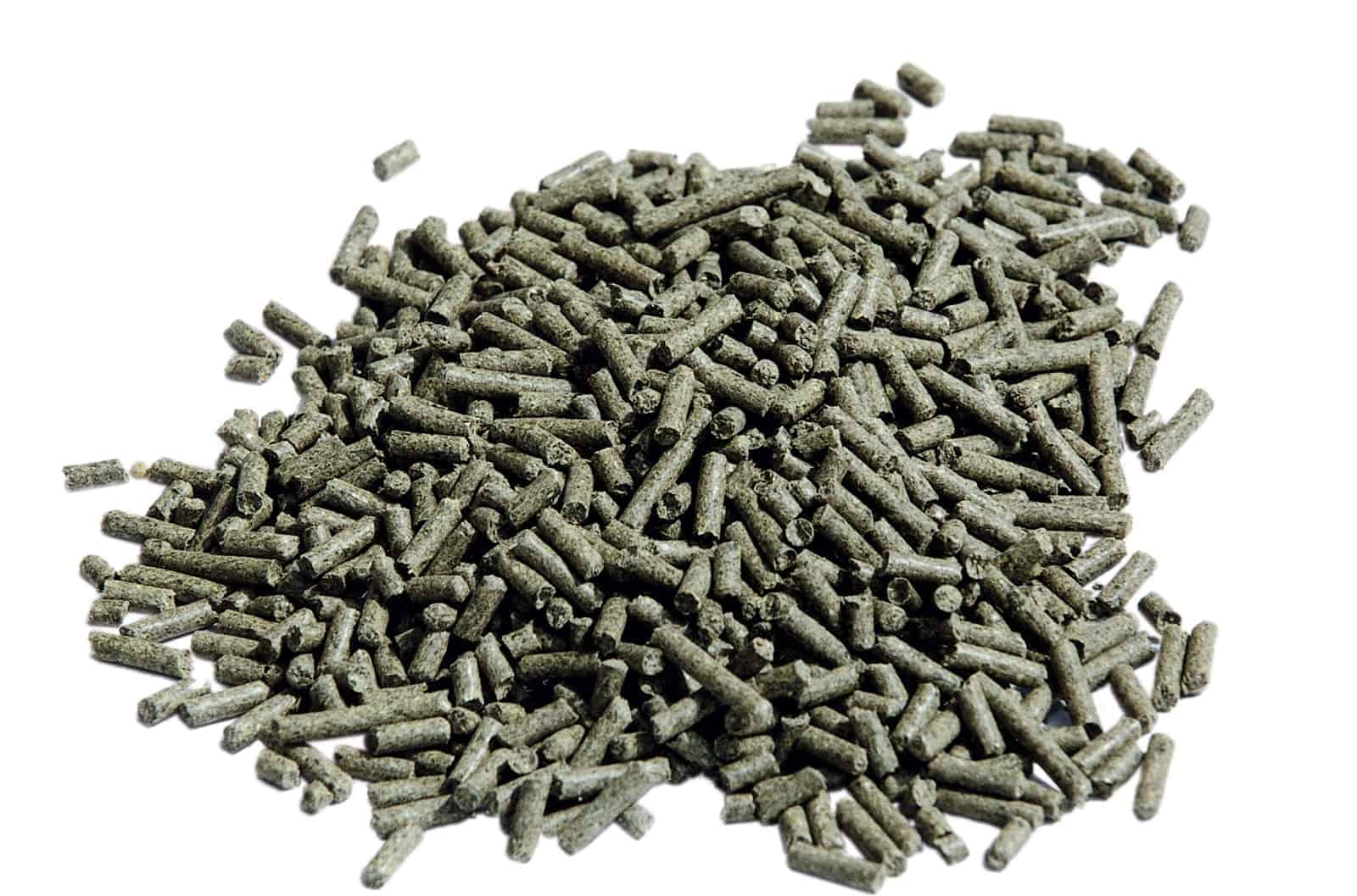
Alfalfa Pellets
Alfalfa is a protein- and calcium-rich legume that can be processed into pellets and/or included in complete feeds and concentrates. | Photo: Anne M. Eberhardt/The Horse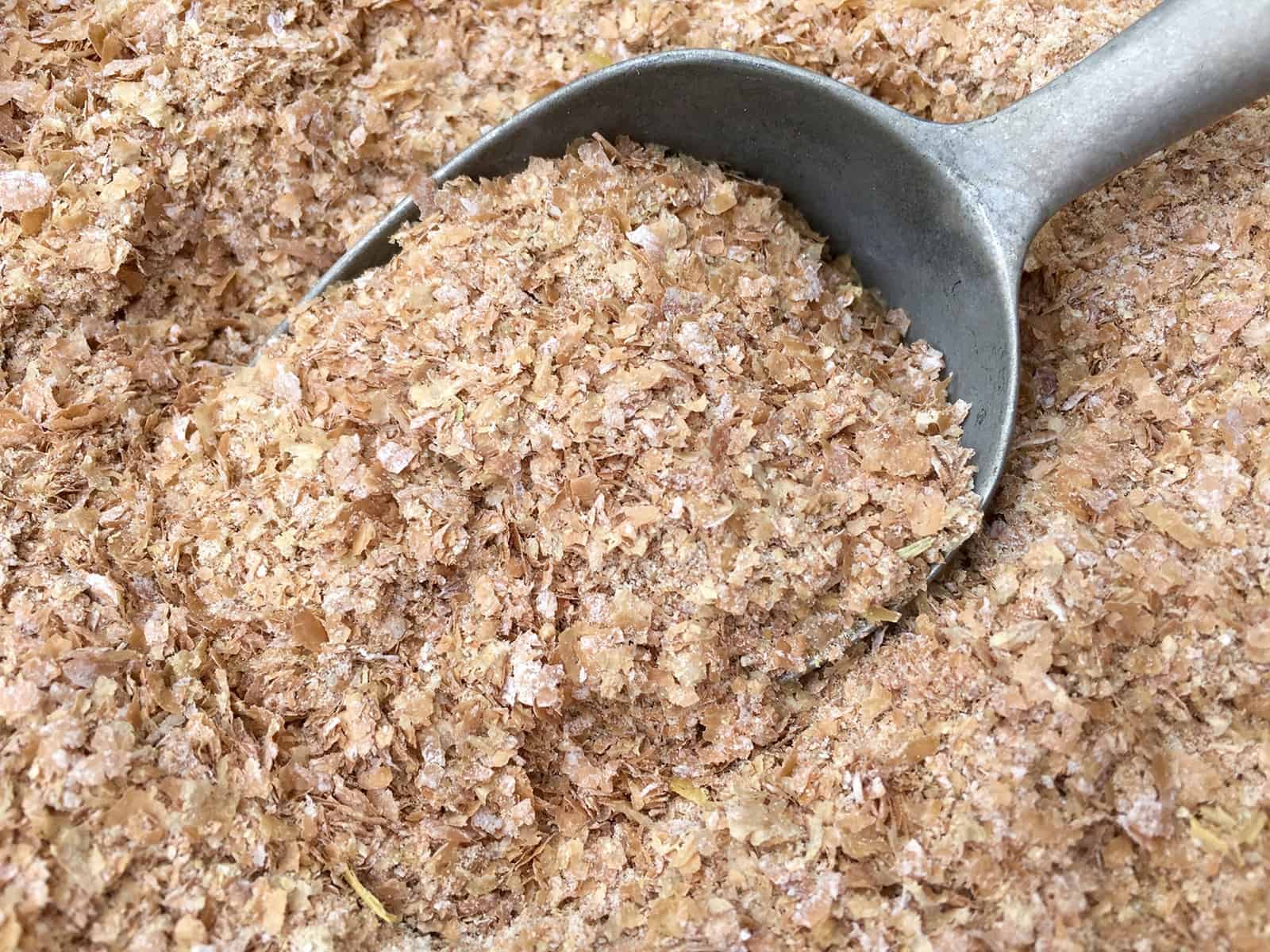
Bran
Wheat bran is often used to make mashes for horses, while rice bran is sometimes included in rations to add fat to the diet. Both wheat and rice bran naturally have reversed calcium-to-phosphorous ratios, meaning they are high in phosphorous and low in calcium. If you include either in your horse's rations, talk to an equine nutritionist to ensure you're feeding a balanced diet. | Photo: iStock
Share

Written by:
The Horse Staff
The Horse: Your Guide To Equine Health Care is an equine publication providing the latest news and information on the health, care, welfare, and management of all equids.
Related Articles
Stay on top of the most recent Horse Health news with
